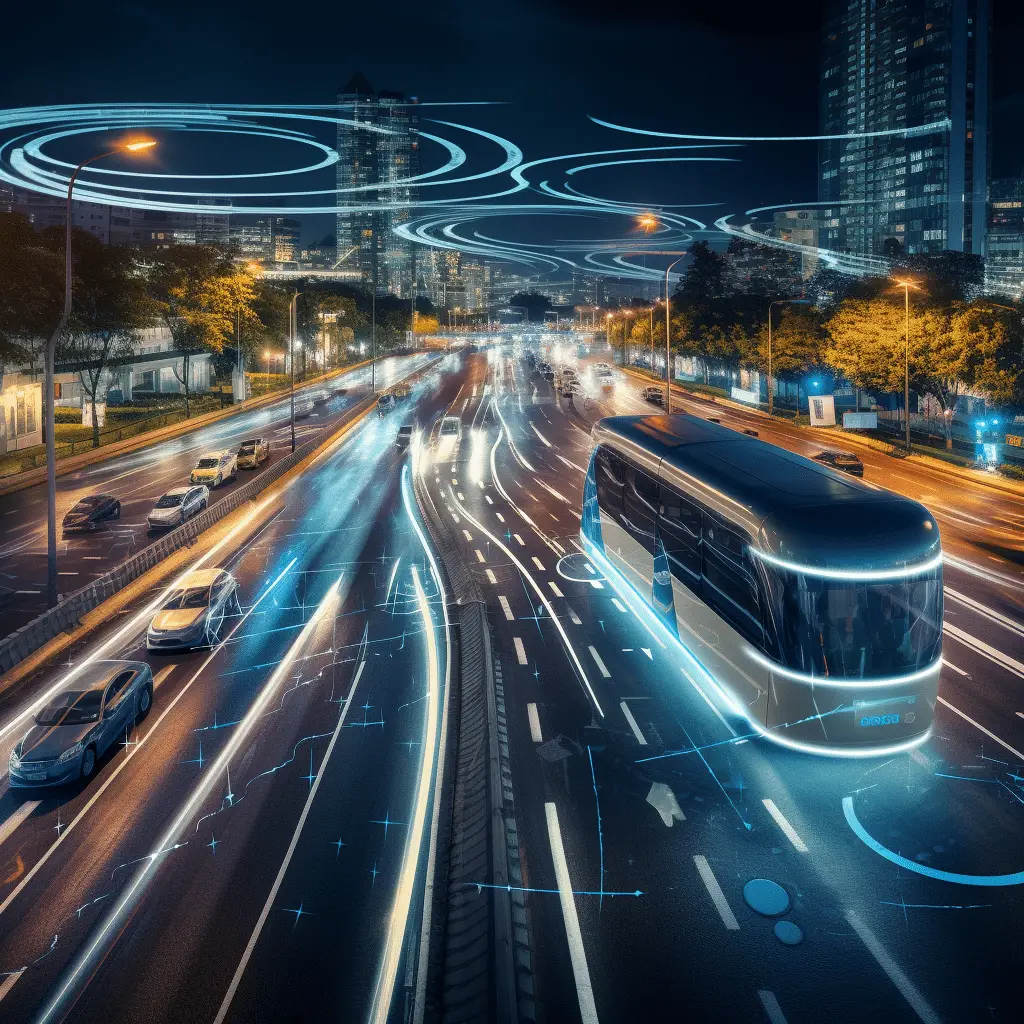
AI in Smart Cities: Enhancing Urban Living
AI in Smart Cities, The future of urban living is rapidly evolving with the integration of artificial intelligence (AI) into smart cities. AI-powered technologies are transforming how cities operate, enhancing efficiency, sustainability, and the overall quality of life for residents. From transportation to energy management, here’s a glimpse into how AI is revolutionizing urban living.
Transportation Optimization
Traffic congestion has long been a challenge in urban areas, leading to wasted time, increased pollution, and frustration among citizens. AI algorithms are being used to optimize traffic flow, predict congestion patterns, and suggest alternative routes. Smart traffic lights, equipped with AI sensors, can dynamically adjust timings based on real-time traffic conditions, reducing congestion and improving commute times. AI algorithms also enable intelligent parking systems that guide drivers to available parking spots, minimizing the time spent searching for parking.
Energy Management and Sustainability
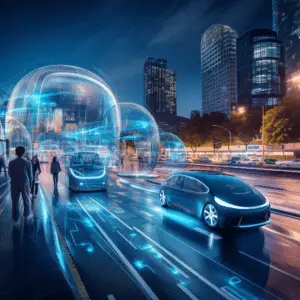
AI plays a crucial role in optimizing energy consumption and promoting sustainability in smart cities. By analyzing data from various sources, AI algorithms can intelligently manage energy distribution, ensuring efficient usage and minimizing waste. Machine learning algorithms enable predictive maintenance of infrastructure, detecting faults and potential failures in power grids, water supply systems, and other vital infrastructure. Additionally, AI-powered systems can analyze weather patterns to optimize power generation from renewable sources like solar and wind, thereby reducing reliance on fossil fuels.
Efficient Waste Management
Smart cities leverage AI technologies to enhance waste management processes. AI-powered sensors can monitor waste levels in garbage bins in real-time, allowing for timely and optimized collections. This not only improves the cleanliness of the city but also reduces costs associated with unnecessary trips. AI algorithms can analyze historical data to identify patterns and optimize waste collection routes, further improving efficiency while reducing fuel consumption and emissions.
Public Safety and Security
AI plays a critical role in ensuring the safety and security of residents in smart cities. Surveillance systems equipped with AI algorithms can analyze live video feeds to detect anomalies and potential threats, enabling rapid response from law enforcement agencies. AI-powered facial recognition technology can assist in identifying suspects and locating missing individuals. Furthermore, AI-driven analytics can analyze crime patterns, helping law enforcement agencies allocate resources effectively and prevent crimes before they occur.
Improved Healthcare and Citizen Services
AI technology is enhancing healthcare services in smart cities, bringing about a revolution in personalized medicine. AI algorithms can analyze vast amounts of patient data to identify patterns, predict disease outbreaks, and offer personalized treatment plans. Smart city infrastructure, integrated with AI, enables efficient delivery of citizen services. Chatbots equipped with natural language processing capabilities can provide citizens with round-the-clock assistance, automating responses to common queries and providing access to information and services.
Conclusion
The integration of AI into smart cities is revolutionizing urban living. Through enhanced transportation, optimized energy management, efficient waste management, improved public safety, healthcare services, and citizen services, AI technologies are enhancing the overall functioning of cities. As these technologies continue to advance, smart cities are becoming more sustainable, connected, and responsive, creating a better future for urban dwellers around the world.
In what ways does AI support sustainable development and efficient resource management in smart cities
Artificial Intelligence (AI) plays a crucial role in supporting sustainable development and efficient resource management in smart cities in several ways:
1. Energy Optimization: AI can analyze data from sensors, weather forecasts, and energy consumption patterns to optimize energy usage in buildings, transportation, and street lighting. It can automatically adjust systems based on real-time data to minimize wastage and reduce energy consumption.
2. Intelligent Transportation Systems: AI-powered smart systems can optimize traffic flow, reduce congestion and emissions, and improve overall transportation efficiency. This includes intelligent traffic management, route optimization, real-time public transport information, and smart parking systems.
3. Waste Management: AI can contribute to efficient waste management by using image recognition to identify and sort waste, optimizing collection routes, predicting recycling rates, and reducing landfill waste. This leads to cost savings, reduced environmental impact, and improved cleanliness in cities.
4. Water Management: AI can monitor and manage water distribution networks, detect leaks and water quality issues, and optimize irrigation systems. By analyzing data from sensors and weather forecasts, it can ensure sustainable use of water resources and reduce water wastage.
5. Environmental Monitoring: AI can collect and analyze data from various sources such as satellites, sensors, and social media to monitor air and water quality, noise levels, and other environmental parameters. This allows for early detection of potential hazards, effective pollution control measures, and better resource allocation.
6. Predictive Maintenance: AI can analyze data from various systems, such as building infrastructure and public transportation, to predict maintenance requirements. By identifying potential issues beforehand, it minimizes downtime, extends asset lifespan, and reduces resource consumption.
7. Smart Grid Management: AI can optimize the electricity grid by predicting consumption patterns, balancing supply and demand, managing renewable energy sources, and enabling efficient energy distribution. This helps in reducing costs, increasing the integration of renewable energy, and ensuring a stable and reliable power supply.
Overall, AI’s ability to process vast amounts of data and make intelligent decisions in real-time enables smart cities to manage resources efficiently, minimize environmental impact, and achieve sustainable development goals.
How does artificial intelligence contribute to enhancing urban living in smart cities?
Artificial intelligence (AI) plays a significant role in enhancing urban living in smart cities. Here are some ways in which AI contributes:
1. Intelligent Transportation: AI can optimize traffic flow by analyzing traffic patterns, reducing congestion, and improving traffic management. It can also aid in smart parking systems by guiding drivers to available parking spaces and enabling automated payment.
2. Energy Efficiency: AI can monitor energy usage in buildings and infrastructures, optimizing energy distribution and reducing energy waste. It can also help in predicting energy demands, improving energy management, and promoting sustainability.
3. Public Safety: AI-powered systems can enhance public safety by analyzing video footage from surveillance cameras to detect potential threats or incidents in real-time. AI can also be used to predict crime patterns, enabling law enforcement agencies to take proactive measures.
4. Waste Management: AI can optimize waste collection by analyzing data to determine the optimal routes for garbage trucks. This helps reduce fuel consumption, decrease collection time, and enhance waste management efficiency.
5. Smart Grids: AI can facilitate efficient monitoring and control of electricity distribution by analyzing data from smart meters and adjusting power supply based on demand. This helps in load balancing, reducing power outages, and promoting reliable energy distribution.
6. Healthcare: AI-driven systems can enhance healthcare services in smart cities by analyzing large datasets to identify disease patterns, predict outbreaks, and recommend personalized treatment plans. AI can also assist in telemedicine, providing remote healthcare services to residents.
7. Personalized Services: AI-powered virtual assistants and chatbots can offer personalized recommendations for services and products based on user preferences and behavior. These AI-driven systems help residents navigate the city, access information, and avail services more conveniently.
Overall, AI in smart cities helps optimize resource allocation, improve public services, enhance sustainability, and provide a better quality of life for urban residents.
What are some notable applications of AI in smart cities that improve daily urban life?
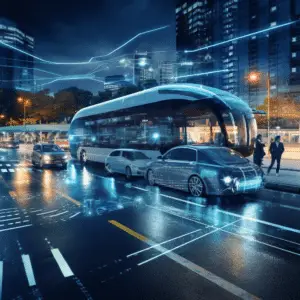
There are several notable applications of AI in smart cities that can enhance daily urban life. Some of them include:
1. Traffic Management: AI can optimize traffic flow by analyzing real-time data from various sources like sensors, cameras, and smartphones. It can predict traffic patterns, detect accidents, and suggest alternative routes to reduce congestion and travel time.
2. Energy Efficiency: AI algorithms can manage energy usage in buildings by analyzing data from smart meters, weather forecasts, and occupancy sensors. It can optimize heating, cooling, and lighting systems to reduce energy waste and lower utility costs.
3. Waste Management: AI-powered sensors can monitor waste levels in bins and optimize waste collection routes. It ensures timely collection, reduces overflow, and improves overall efficiency of waste management systems.
4. Public Safety: AI can enhance public safety by analyzing data from various sensors, cameras, and social media. It can detect abnormal behavior, identify potential security threats, and alert authorities to take timely action.
5. Urban Planning: AI can assist in urban planning by analyzing data related to population density, transportation, and land use. It can provide insights for better infrastructure development, optimal resource allocation, and sustainable city growth.
6. Noise and Pollution Monitoring: AI algorithms can analyze sensor data to monitor noise levels and air pollution in real-time. It can identify areas with high pollution levels and suggest strategies for improving air quality and minimizing noise pollution.
7. Emergency Response: AI systems can analyze emergency calls, social media data, and sensor inputs to improve emergency response. It can assist in dispatching appropriate resources, predicting emergency incidents, and optimizing response times.
8. Citizen Engagement: AI-powered chatbots and virtual assistants can provide timely and personalized information to citizens regarding city services, events, and utilities. It improves citizen engagement and delivers better access to city resources.
Overall, these AI applications in smart cities help to create more efficient, sustainable, and comfortable urban environments for residents.

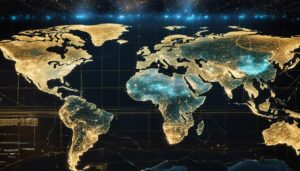

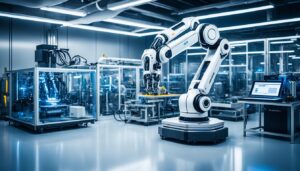

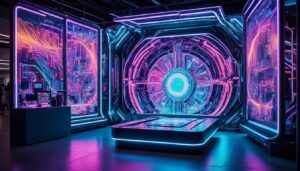

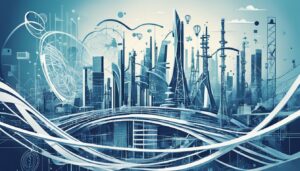
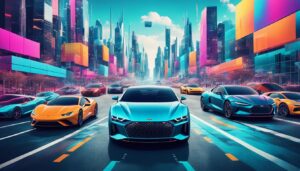
Thanks for sharing. I read many of your blog posts, cool, your blog is very good.